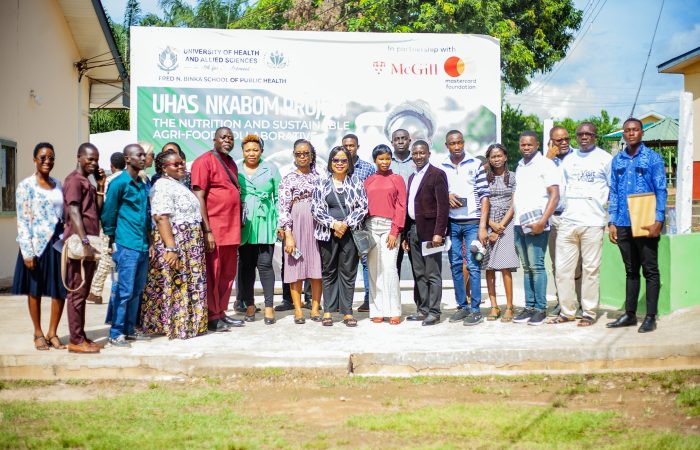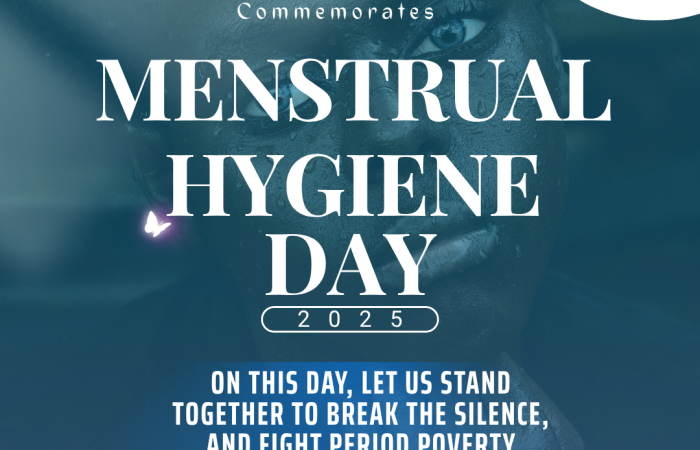As we begin to experience a downward curve in the second wave in most countries in the region – coupled with increased access to vaccines – there is a need to rethink how we will engage with, plan and budget towards interventions aimed at economic and social recovery in ways that advance gender equality and women’s empowerment (GEWE). The current context provides us with the opportunity to urgently build forward better and differently, while ensuring that women’s and girls’ needs, concerns and demands are at the centre of policy making.
UN Women and UNFPA undertook this study to understand better the gendered impacts of the pandemic and to inform national development planning for the recovery. The study highlights the impacts of COVID-19 on women and men as gleaned from research conducted during 2020, as well as the Computer Assisted Telephonic Interviews (CATI) Rapid Gender Assessments (RGAs) executed by UN Women, UNFPA and partners in seven countries in the East and Southern Africa region.
Findings include:
- The pandemic will impact and delay the realization of most of the gender relevant SDG targets.
- Targets related to women’s economic participation and empowerment, youth unemployment, education, maternal and child health, sexual reproductive health, child marriage, gender-based violence and female genital mutilation are most likely to be affected negatively.
- The high percentage of youth aged 15-24 that are not in education, employment and training (NEET) could prevent the realization of the demographic dividend in ESA. Women are more likely to be in this position and the pandemic has aggravated the situation.
- Gains made by most ESA countries in the UNDP Gender Equality Index (GII) rankings between 2005 and 2019 are likely to suffer setbacks due to the pandemic.
SOURCE: reliefweb.int


